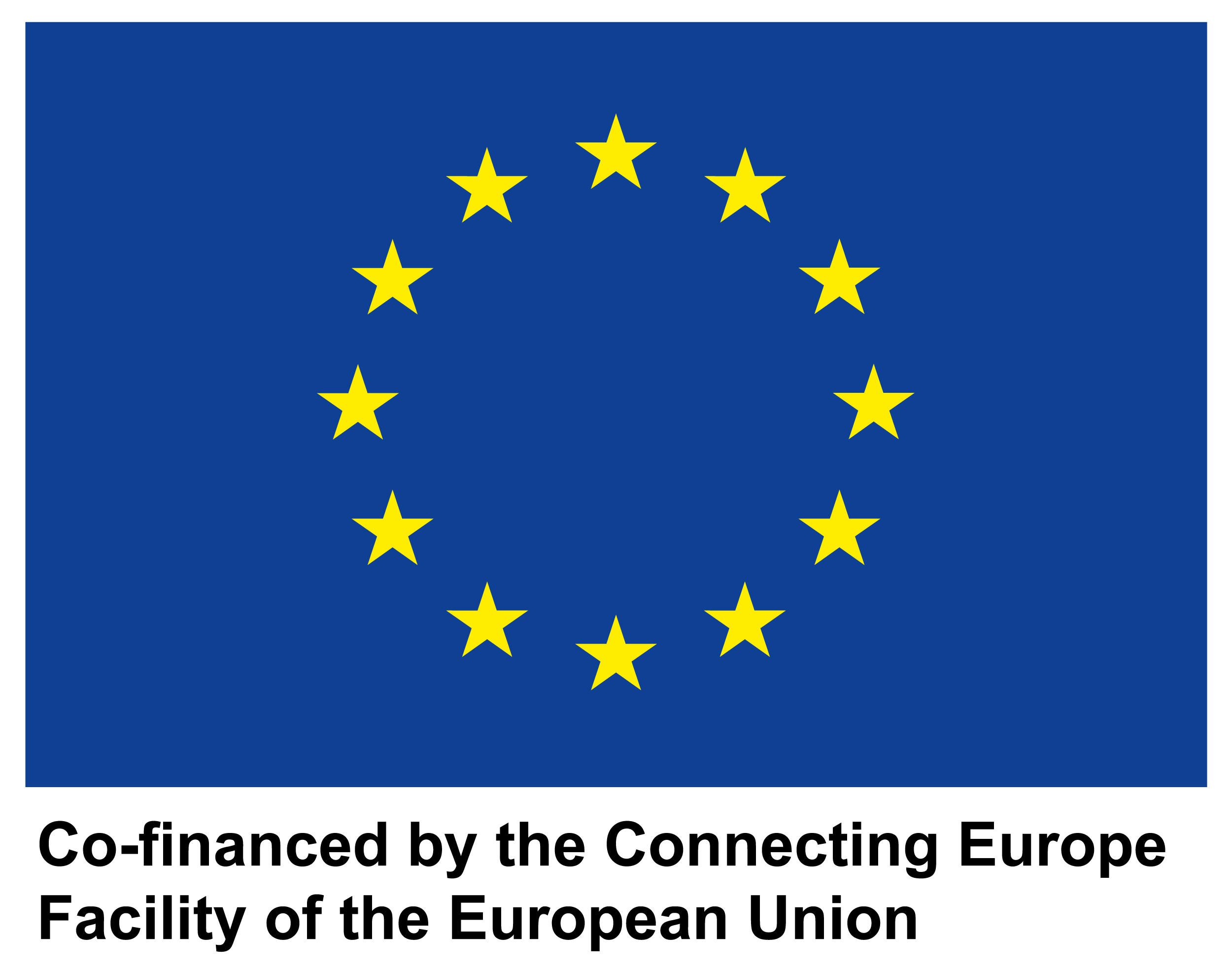Project Coordinator
The Cyprus University of Technology (CUT) was established in 2004 to fill in gaps within Cyprus' higher
education by offering degrees in undergraduate and post graduate levels that are not offered by the
University of Cyprus or by other higher education institutions. CUT provides six faculties that students can
choose from: Geotechnical Sciences and Environmental Management, Management and Economics,
Communication and Media Studies, Health Sciences, Fine and Applied Arts, Engineering and Technology, and
one Language Centre.
Cyprus University of Technology (CUT) has as its strategic target the design and development of research
activities both within the University and in cooperation with other research Institutes in Cyprus and abroad.
The research emphasis of CUT is reflected in the substantial funding provided to academics for the
establishment of research centres and laboratories.
CUT aims at transferring knowledge (education) and producing new knowledge through basic and applied
research in all the academic fields of the University’s five Faculties. Research is carried out in each different
Department or between two or more Departments, under the responsibility of one or more members of the
academic staff. University research activities are realized through funding secured from the following two
major sources: (a) From the University’s state funded budget. (b) From different organizations, entities or
private sources at national, European and international level, who award, with or without a competition,
specific research projects to research groups and/or individual members of the Academic staff. Strengthening
of the research management support and infrastructure, with the aim of securing externally funded projects,
is another major objective of the University. Moreover, the University has adopted principles in relation to
research which conform with the European Union’s declarations relating to the creation of the European
Research Area (ERA).
The European Research Institute in Service Science that participates in this project is hosted by the University of Tilburg (Netherlands). ERISS/UvT is a multi-disciplinary, internationally renowned research and development institute that is committed to pooling, coordinating and consolidating research activities in service science, management and engineering (SSME) across Europe. To achieve multidisciplinary excellence in SSME, ERISS works closely with other research groups hosted by TiSEM, such as CentER, a world-class economics and business research institute. Tilburg’s goal is to become the best education and research institute in the Netherlands and among the top five at the European level in all departments. ERISS undertakes research in service and data science, particularly in the areas of distrusted data management, smart data and services, and globally integrated networks of data and services. The focus of research at ERISS is the real- world challenges facing service networks that demand the use of a wide range of multiple conceptual, methodological and substantive approaches. Recently Tilburg University in cooperation with Eindhoven University launched the Jheronimus Academy of Data Science (JADS) in ‘s-Hertogenbosch which is home to the Graduate School Data Science and Entrepreneurship. ERISS is an integral part of JADS and will link it with related activities in the DESTINI initiative. ERISS is a world leader in matters related to services research. Members of ERISS have experience of participation in international projects and collaborations. ERISS is the scientific director of the EC’s FP7 Network of Excellence in Software Services & Systems (S-Cube, http://www.s-cube-network.eu). Service- based systems were also researched by ERISS as part of their work in the FP7 STREP COCKPIT project that used Web 2.0 techniques and social media to allow collaborative service design and delivery between citizens and public administrations. In the FP-7 STREP project COMPAS ERISS staff has developed a request and service compliance language for automatic checking of business process compliance with business rules and regulations. In addition, ERISS was involved in the FP-7 IP 4CaaST project where they developed the blueprinting DSL and methodology as a means to describe, discover, customize and dynamically deploy cloud software service systems. Furthermore, ERISS currently has a leading role in the FP-7 CIP project CitySDK, which aims to create a toolkit for the development of digital services within cities. The toolkit comprises of open and interoperable digital service interfaces as well as processes, guidelines and usability standards. A full list of ERISS projects (completed and active) can be found at www.eriss.org. Lastly, ERISS is the leader of an international consortium awarded a five-year prestigious Erasmus Mundus grant from the EC to coordinate the International Masters in Service Engineering.
Sapienza Università di Roma is one of the largest and oldest universities in Italy. It has established itself as one of the most prestigious academic institution in science and technology in Europe. In 2017, the Center for World University Rankings ranked Sapienza 84th in the world and the top in Italy in its World University Rankings (cf. https://www.uniroma1.it/en/notizia/sapienza-international-ranking). Dipartimento di Ingegneria Informatica Automatica e Gestionale Antonio Ruberti (DIAG) is a multidisciplinary research center that hosts more than 70 Sapienza faculties and more than 10 research labs from the School in Computer Science & Engineering. DIAG faculties are well-known researchers worldwide and have huge experience working in EU programs. As an example, currently, DIAG manages more than 20 among International and National projects. The group working in this project is internationally renowned and has gathered support from the European Commission, the Italian Ministry for Research, the Italian Ministry for Finance, Monte dei Paschi di Siena, Finmeccanica, Telecom Italia, IBM among others. The prior EU involvements include the coordination of WORKPAD (FP6, 2006-2009) and SM4All (FP7, 2008-2011) and the participation to recent projects FIRST (H2020 RISE, 2017 – ongoing), ACSI (FP7), GreenerBuildings (FP7), SmartVortex (FP7), Optique (FP7), VOICE (FP7, just concluded in October 2017), SEMANTIC-GOV (FP6), TONES (FP6), as well as extensive ongoing EC project review and evaluation activities. DIAG has been recently awarded as Excellent Department [Dipartimento di Eccellenza] by the Italian Ministry for Education and Research (MIUR), a prestigious award given to 180 departments all over Italian universities (on all disciplines) on the basis of the research, education and knowledge transfer activities performed over the last 5 years, and allowing special funding for new positions and laboratories.




